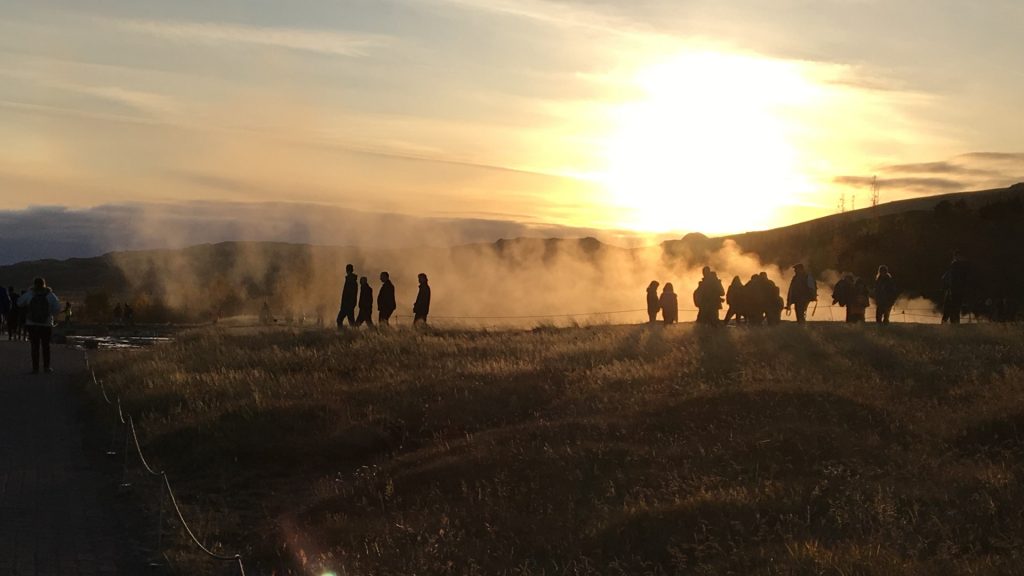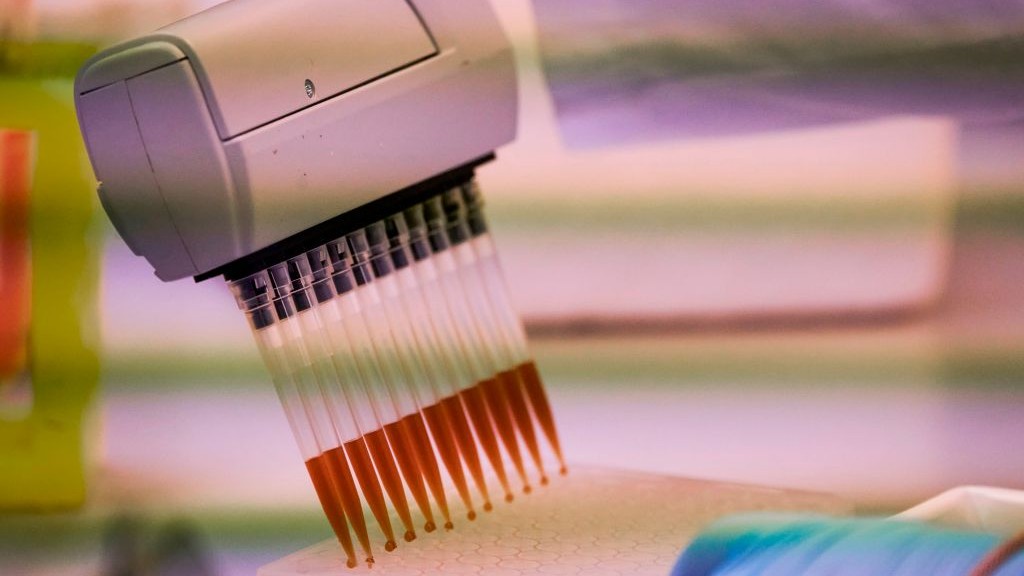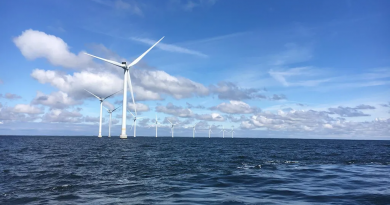Iceland extends gathering restrictions as Delta variant continues to drive domestic cases

With the Delta variant continuing to drive local COVID-19 cases, Iceland has extended its gathering restrictions until August 27.
The 200 person limit for gatherings, and the one-metre distancing rule, will remain in place until that time.
The limits were supposed to be lifted on August 14, but the government said it was too soon to do so.
“Since the end of June there has been an uptick in domestic infections due to the spread of the Delta variant,” the government said in a news release on Wednesday.
So far, most cases have been in people that are fully vaccinated and have few or no symptoms, it said.
Earlier this week, Iceland also announced it would implement new COVID-19 border testing regulations for travellers with ties to Iceland starting August 16. On that date, fully vaccinated passengers will be required to undergo a COVID-19 test with 48 hours of arriving in the country.

The measure applies to Icelandic citizens, individuals living in Iceland, individuals with an Icelandic work permit or individuals applying for a work permit or for international protection in Iceland
The new rule was initiated after recent data found that approximately 90 per cent of people infected with COVID-19 since July 1, have been people with Icelandic identification numbers.
As of Thursday, Iceland was reporting a 14- day incidence of 420.0 domestic infections per 100,000 people, and 5.5 cases per 100,000 people at the border.
Write to Eilís at eilis.quinn@cbc.ca
Related stories from around the North:
Canada: COVID-19 vaccination coverage in Nunavik, Quebec remains low at 28 per cent, Eye on the Arctic
Greenland: Greenland health authorities investigate four new COVID-19 cases in Sisimiut, Eye on the Arctic
Finland: Santa joins former Eurovision winner Lordi at Lapland vaccination clinic to help boost jab uptake in Finland, Yle News
United States: Cruise ship arrives in Skagway, Alaska after passenger flown home with COVID-19, CBC News



